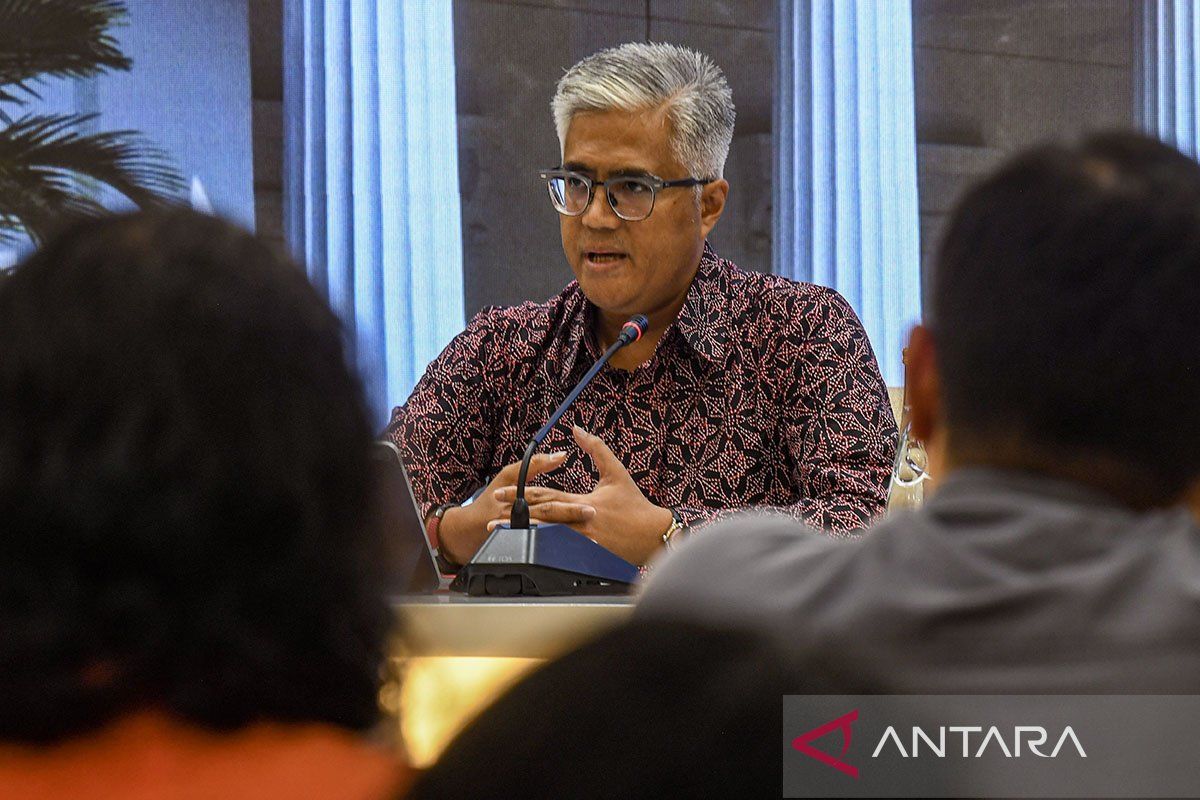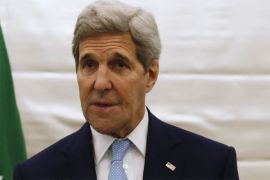This is in keeping with the rules of the International Atomic Energy Agency (IAEA) and agreed upon by all member countries of the United Nations (UN), ministry spokesperson Rolliansyah Soemirat, also known as Roy, said during an online press briefing in Jakarta on Wednesday.
“The threat of an attack on nuclear installations in Iran also certainly threatens the safety of civilians, including Indonesian citizens, and could potentially lead to a humanitarian disaster,” Soemirat warned.
For this reason, the Ministry of Foreign Affairs is continuing to actively convey Indonesia’s position at several ongoing IAEA meetings on the issue, Soemirat informed.
“Worse still, an attack or threat of an attack on nuclear installations will endanger the nuclear weapons non-proliferation regulatory regime as currently upheld by all states parties to the nuclear weapons non-proliferation treaty,” he added.
In an attempt to cripple Iran’s nuclear program, Israel on June 13, 2025, attacked three of Iran’s main nuclear facilities, namely Natanz, Isfahan, and Fordow. It also targeted several leading Iranian scientists involved in nuclear research and development.
IAEA director-general Rafael Mariano Grossi said that radiation levels appeared normal outside the Natanz nuclear facility and other facilities in Isfahan.
However, he warned that military escalation “increases the possibility of radiological releases.”
Grossi stressed that it is very important for the IAEA to receive timely and regular technical information about the facilities and their locations.
He also stressed that without such information, the IAEA “cannot accurately assess the radiological conditions and their potential impact on the population and the environment and cannot provide the necessary assistance.”
Related news: Indonesians safely return from Israel, Jordan, Iran: Kemlu
Related news: RI calls for end to Israel-Iran conflict, urges restraint
Reporter: Cindy Frishanti Octavia
Editor: Arie Novarina
Copyright © ANTARA 2025








